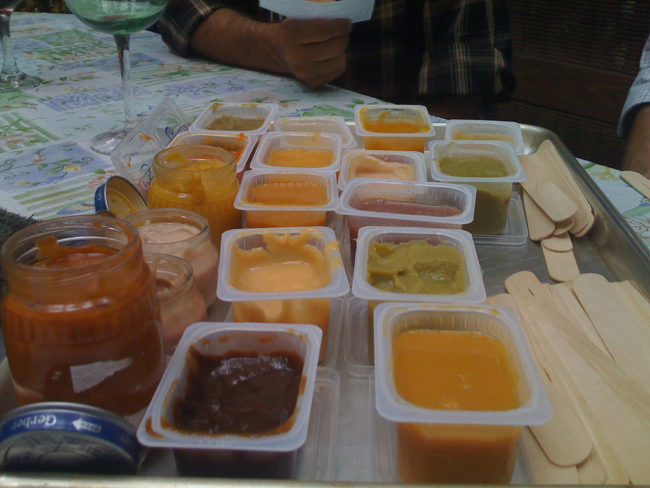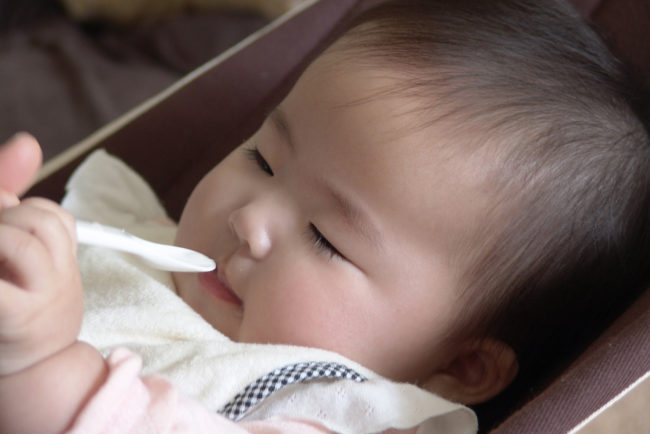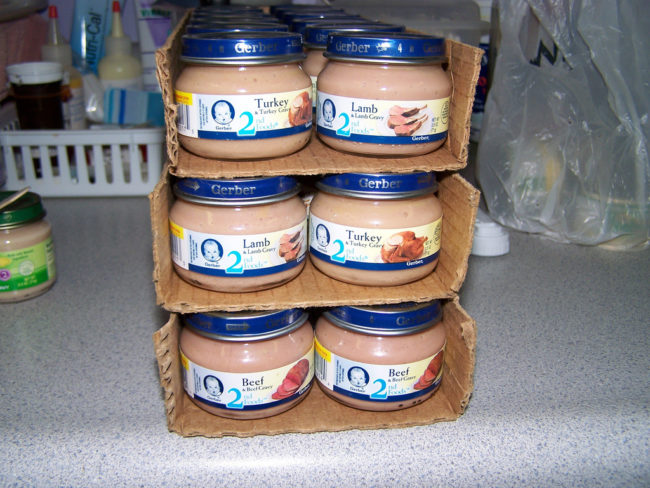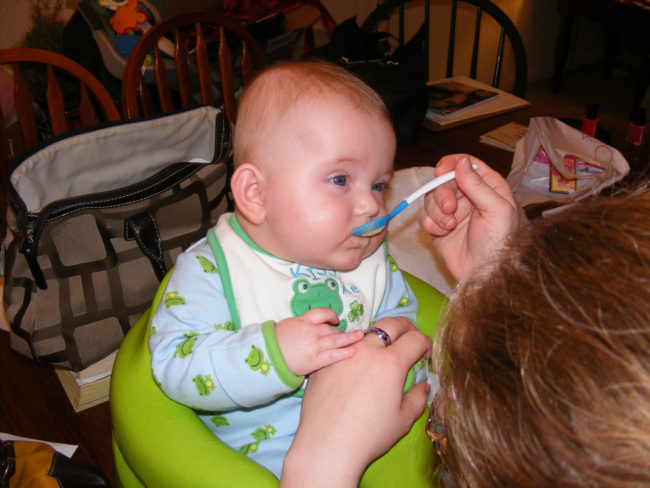Possible lead contamination has and always will be a major concern for parents of young children.
Exposure to lead is said to have a huge impact on a child’s development as an infant. Lead can cause problems with a child’s attention and behavioral habits, as well as their cognitive development, immune system, and cardiovascular health.But while most lead ingestion comes in the form of paint chips or contaminated water, new findings have revealed that hundreds if not thousands of parents could be exposing their babies to lead without realizing it.
Over the span of 11 years, more than 2,100 baby food samples were examined by the Environmental Defense Fund to check for traces of lead.

Of those samples, 20 percent contained detectable levels of the toxic substance.

It was most often found in fruit juices, root vegetables, and sweets and goodies such as teething cookies.

In a draft of a report conducted by the Environmental Protection Agency, it was revealed that nearly five percent of children consume upwards of six micrograms of led per day.

In 1993 the Food and Drug Administration declared that six micrograms of lead was the maximum daily intake level for children. This means that baby food companies are legally feeding kids lead without parents even knowing it.

Flickr / Rocky Mountain Feline Rescue
Researchers for the study were also able to determine how frequently the contamination occurs, but not necessarily at what levels.

Flickr / Rocky Mountain Feline Rescue
According to the Food and Drug Administration (FDA), lead often makes its way into food by way of contaminated soil, although some experts believe the ways in which food is processed may also be to blame.

Despite their findings, the Environmental Defense Fund isn’t discouraging parents from buying certain brands of food. They suggest having a conversation with a doctor about what this could mean for their babies instead and going from there.

(via CNN)